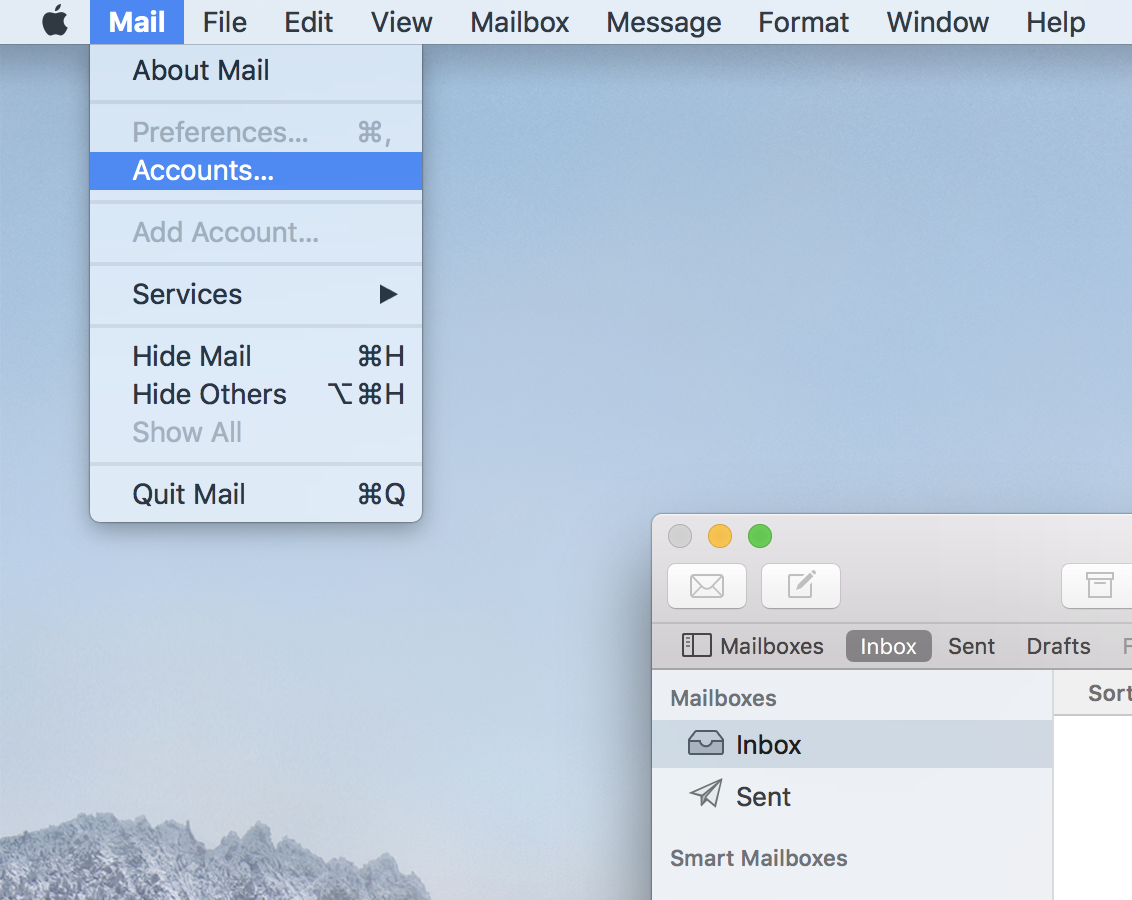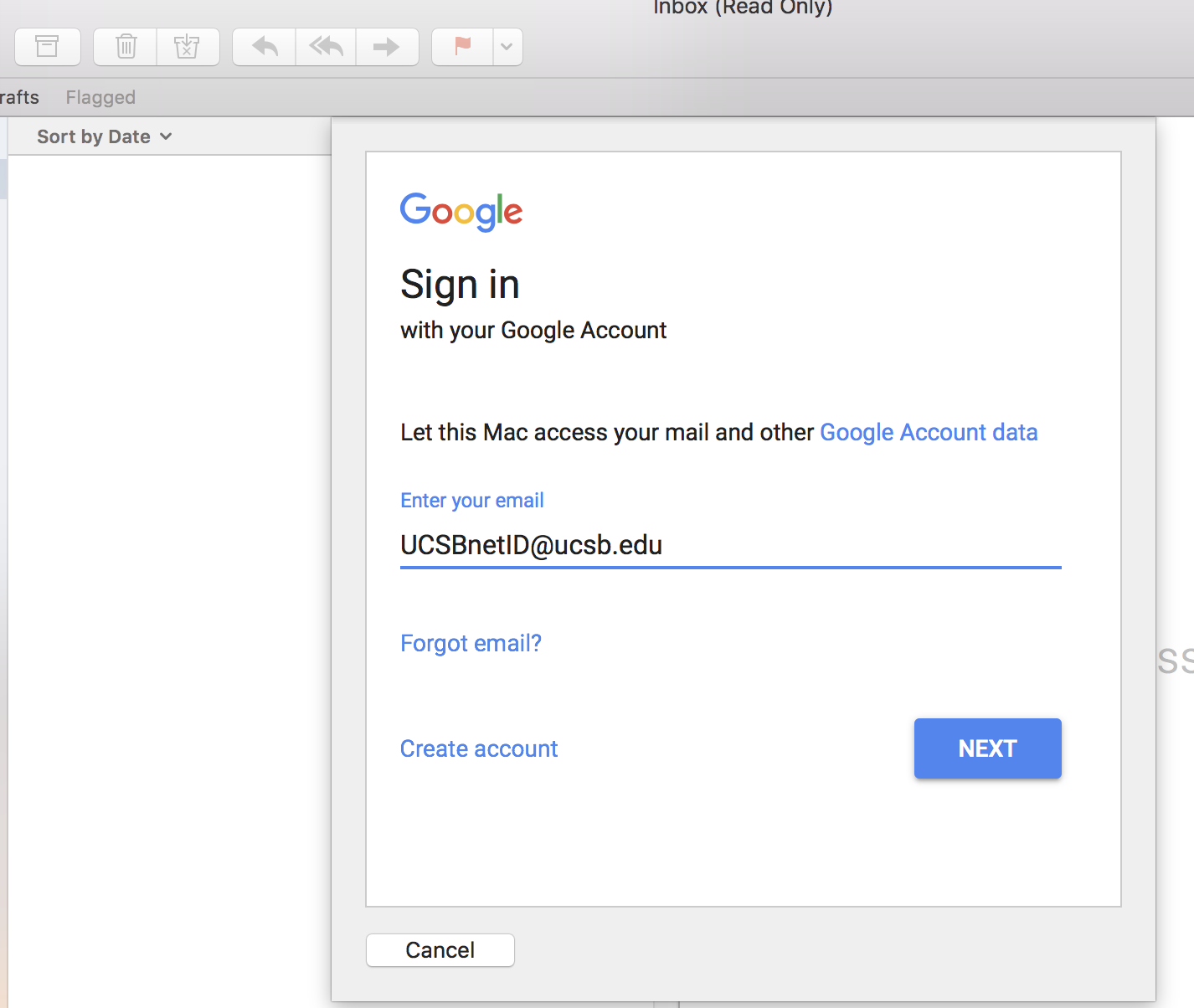


UCOP policy specifies other sorts of "allowable use". The computers and data networks at UCSB are to be used primarily for University business. Network Acceptable Use Policy Computer and Network Acceptable Use Retrieval and restoration of data from tape backup by LSCG staff due to user request, user error or negligence is done on a recharge basis. Please see the Restoring Backups from Lifesci-Filer tutorial for more information. Our file server allows users to recover their data from automatic daily and hourly snapshots. These backups are kept on tape for six months.īacked up data can be restored in two ways: self-service restoration or restoration by LSCG staff. not backups of data residing on desktops) stored on laboratory NAS devices is made monthly.
#MAIL CLIENT SETUP UCSB.EDU FULL#
A full backup of every server is made once per month and kept for six months.A full backup of every server is made once per week and kept for four weeks.The Lifesci-Filer file server takes daily and hourly snapshots of shared folders for self-restore.Once the retention time expires, that particular copy of the data is no longer available it is purged from the disk or the tape on which it had been stored. The information below describes how long the copies of different data is kept on the backup server.


Retrieval and restoration of data from backup due to user request, user error or negligence is done on a recharge basis. Due to cost constraints, there is no provision for centralized backups of desktop systems. The data stored on various servers within EEMB, MCDB, Chemistry, the LSCG, and NRI is copied to a dedicated backup system on a daily or hourly basis. In order to protect mission critical information, the technical support group maintains a system of data backups. Due to the time-sensitive nature of these requests, they may be given elevated priority and addressed outside the normal first-in, first-out process. Some requests do not rise to the level of emergencies, but will result in an emergency if left unattended. Physical emergencies such as Fire, Flood, Earthquake, Power Interruption, etc.Problems with personal or group systems for users with imminent externally-imposed deadlines or imminent events relying on said systems for which no work around is readily available.Outage or degradation of LSCG-provided service impacting users with imminent externally-imposed deadlines or imminent events relying on said service.Outage or degradation of LSCG-provided service impacting multiple disparate users.The following is a rough, non-exhaustive list of Emergencies: Emergency issues take priority over other requests, and are generally those that affect multiple users or that will impact an imminent event or deadline. Normally all help requests are handled in first-in, first-out order among requests with similar impact and priority as determined by LSCG staff. Emergencies & Urgent Requests Emergencies


 0 kommentar(er)
0 kommentar(er)
